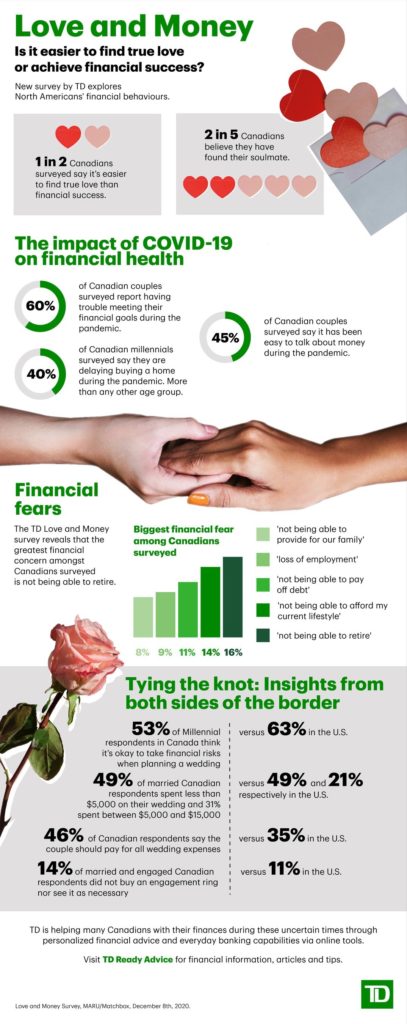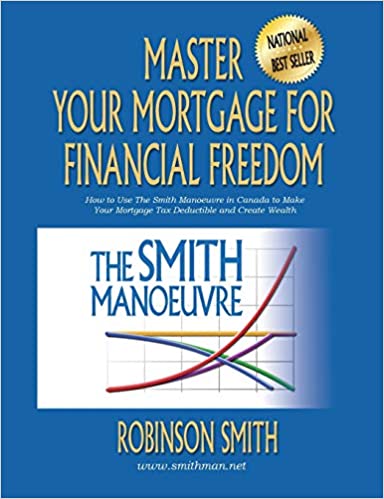F.I.R.E is an acronym for Financial Independence Retire Early. It is a very popular movement that gets a lot of attention in the blogosphere and on social media. The idea is to eat excess amounts of ramen noodles, squeeze your budget until it squeals, save 90% of your income, invest like crazy in an all-stock portfolio, and then never work another day of your life after the age of 38. I’m kidding, please don’t “OK Boomer” me.
In reality, most from the F.I.R.E. movement will not “retire” early, but many may reach a wonderful form of financial independence. In 2020, was the F.I.R.E. movement doused by the pandemic?
2020 brought us a very quick and violent stock market correction. It was the most violent in history, but so was the recovery as governments and central banks came to the rescue of stock and bond markets. Looking back it feels like a blip. But in the moment it was more than scary, considering that we did not know the path of destruction that SARS-coV-2 might leave behind.
We still don’t know.
Did the F.I.R.E movement change course?
From what I read from my F.I.R.E friends (they’ll say I’m being rather presumptuous with the use of that friends description), they embraced the volatility. After all, volatility is not risk, if you can handle that risk, and you have an incredibly long time horizon. Volatility and falling stock prices are an opportunity, whether you are seeking to build that growing dividend stream or plan to one day also harvest shares to create retirement income.
In March of 2020 I asked …
Is this an incredible investment opportunity or what?
In the Globe and Mail, Brenda Bouw offered how F.I.R.E investors are managing through the pandemic. (Sorry that is paywall, but I’ll give you the important deets). That is a great piece with some good commentary, especially from advice-only planner Jason Heath.
The F.I.R.E. traps
F.I.R.E. followers need to be extra vigilant as their nest eggs need to last decades longer than those who retire in their 60s and 70s. There is the perception that the F.I.R.E. gang have less risk, because they are young. In fact the opposite is true. From Jason …
“You may need to over-save and underspend longer than you might think when you’re pursuing the F.I.R.E. movement,” says Jason Heath, an advice- and fee-only certified financial planner at Objective Financial Partners Inc. in Markham, Ont. “When you’re retiring at age 40 versus age 65, there’s so much more margin for error.”
Jason also pointed out that funds can quickly disappear because of costs associated with an extraordinary event, such as a serious injury or illness that requires long-term care or having a child with a disability.
“If you don’t budget for the unexpected, that could really compromise your early retirement plan,” he says.
Of course it is true that the F.I.R.E. folks may have the opportunity to go back to work if need be. But it’s also important to use the word “MAY.” It’s not a given that health would permit the opportunity to work. There is no guarantee that meaningful work would be available. I hate to be a Dale Downer, but this is the reality that we should accept and recognize.
The good new is, they won’t actually “retire”
Nobody really retires early except for teachers and other public servants. So if you want to really retire early, you know where to apply for a job. You’ll need that guaranteed, defined benefit, indexed-to-inflation-for-life pension. And those may be hard to come by these days as governments are also doing the math on funding or backstopping those options.
Most will use that F.I. and ditch the R.E. And most will admit to that reality. They just want that freedom to do more of what they want in life with respect to leisure and travel and work. And that’s why I am a big fan of the movement. It is based on a wonderful end game (freedom) and it employs some more than important financial basics, behaviour and lessons.
You build wealth by living beneath your means. Here’s my personal finance book. OK, you may notice, it’s a blog post. Who needs a book? It all ain’t rocket surgery.
Everybody say FIWOOT!
Jonathan Chevreau calls it all Findependence. That’s perfect. Mark from My Own Advisor frames it nicely with his own acronym …
I prefer Financial Independence Work On Own Terms (FIWOOT) versus FIRE The Financial Independence Retire Early (FIRE).
Here’s Mark’s Weekend Reads.
Dance with the one that brought ya?
The greatest mistake within the community will likely be the commitment to an all-stock portfolio. There is that expression that you might ‘dance with the one that brought ya’. But that’s not the case when it comes to protecting your wealth and your F.I.R.E. Continue Reading…






